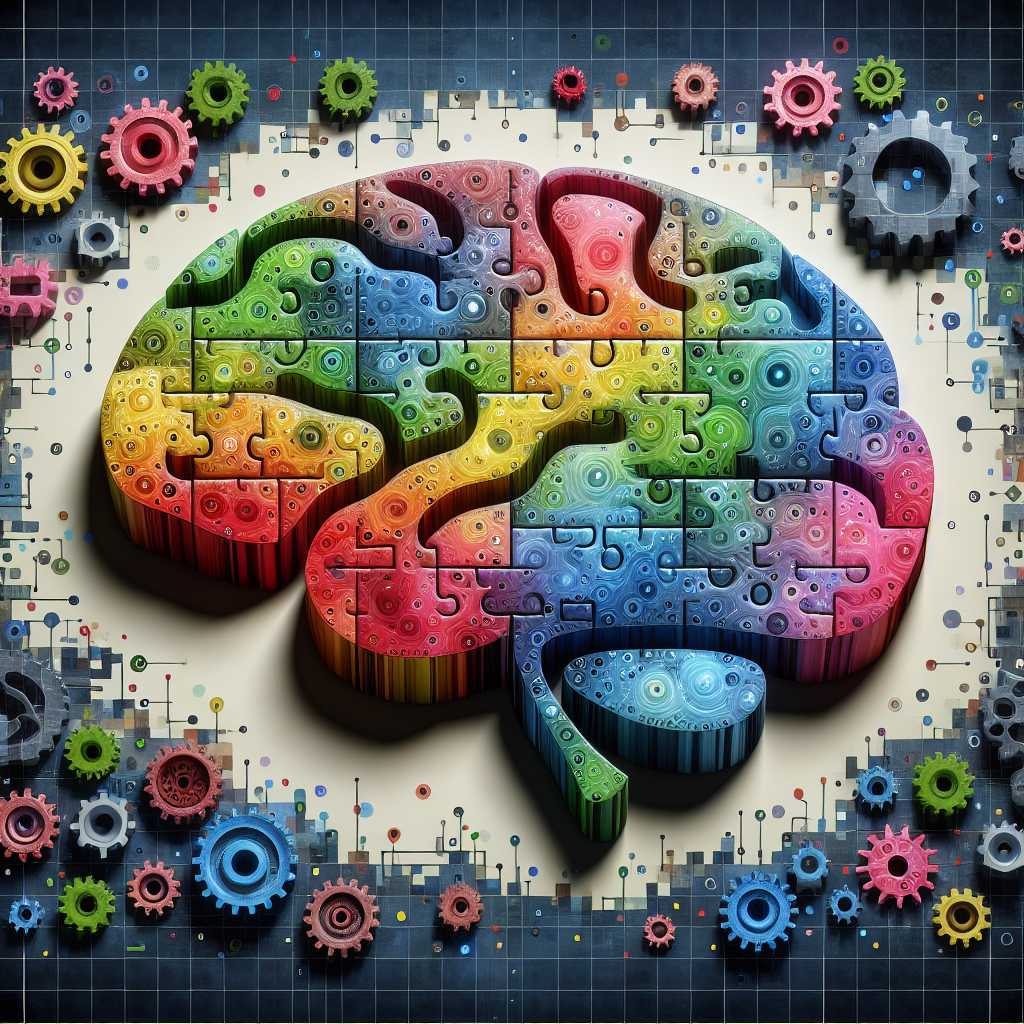Artificial Intelligence (AI) has the potential to revolutionize industries, improve efficiency, and enhance decision-making processes. However, as AI technology becomes more advanced and integrated into various aspects of our lives, the issue of accountability in AI development becomes increasingly important. The challenges surrounding accountability in AI development are complex and multifaceted, requiring careful consideration and proactive measures to address.
One of the key challenges in ensuring accountability in AI development is the lack of transparency in how AI systems make decisions. AI algorithms are often seen as black boxes, with developers and users having limited visibility into how decisions are being made. This lack of transparency can lead to biased outcomes, as AI systems may inadvertently perpetuate existing prejudices or discrimination present in the data they are trained on. Developers must strive to create AI systems that are transparent and explainable, allowing for greater oversight and accountability.
Another challenge in ensuring accountability in AI development is the issue of data privacy and security. AI systems rely on vast amounts of data to learn and make decisions, raising concerns about how this data is collected, stored, and used. There is a risk of data breaches or misuse, which can have serious consequences for individuals and organizations. Developers must prioritize data privacy and security, implementing robust measures to protect sensitive information and ensure compliance with regulations such as the General Data Protection Regulation (GDPR).
Ethical considerations also play a significant role in accountability in AI development. AI systems have the potential to impact society in profound ways, raising questions about how decisions are made and who is responsible for the outcomes. Developers must consider the ethical implications of their AI systems, ensuring that they align with societal values and norms. This includes addressing issues such as fairness, transparency, accountability, and bias in AI algorithms.
Furthermore, accountability in AI development is complicated by the rapid pace of technological advancement and the evolving nature of AI systems. As AI technology continues to evolve, new challenges and risks may emerge, requiring developers to stay informed and adapt their practices accordingly. It is essential for developers to engage in ongoing research and collaboration to stay ahead of the curve and address emerging challenges in AI development.
In order to address the challenges of accountability in AI development, developers must take a proactive approach and implement best practices throughout the AI development lifecycle. This includes:
1. Transparency: Developers should strive to create AI systems that are transparent and explainable, allowing for greater oversight and accountability. This can be achieved by documenting the decision-making process, providing explanations for decisions, and allowing for audits of the AI system.
2. Data privacy and security: Developers must prioritize data privacy and security, implementing robust measures to protect sensitive information and ensure compliance with regulations. This includes implementing encryption, access controls, and data anonymization techniques to safeguard data.
3. Ethical considerations: Developers must consider the ethical implications of their AI systems, ensuring that they align with societal values and norms. This includes addressing issues such as fairness, transparency, accountability, and bias in AI algorithms.
4. Continuous monitoring and evaluation: Developers should implement mechanisms for continuous monitoring and evaluation of AI systems to identify and address potential biases, errors, or vulnerabilities. This includes conducting regular audits, testing, and validation to ensure the reliability and integrity of AI systems.
5. Collaboration and engagement: Developers should engage with stakeholders, including regulators, policymakers, and end-users, to ensure that AI systems are developed in a responsible and ethical manner. This includes seeking feedback, conducting impact assessments, and collaborating with experts in relevant fields.
By taking a proactive and responsible approach to accountability in AI development, developers can mitigate risks, build trust, and ensure the responsible use of AI technology. Ultimately, accountability in AI development is essential for fostering innovation, promoting ethical practices, and enhancing the positive impact of AI on society.
FAQs:
Q: What is accountability in AI development?
A: Accountability in AI development refers to the responsibility of developers, organizations, and stakeholders to ensure that AI systems are developed and used in a responsible, ethical, and transparent manner. This includes addressing issues such as bias, fairness, transparency, and data privacy in AI algorithms.
Q: Why is accountability important in AI development?
A: Accountability is important in AI development to ensure that AI systems are developed and used in a responsible and ethical manner. This includes addressing potential biases, errors, or vulnerabilities in AI algorithms, as well as protecting data privacy and security.
Q: What are some of the challenges of accountability in AI development?
A: Some of the challenges of accountability in AI development include the lack of transparency in how AI systems make decisions, data privacy and security concerns, ethical considerations, and the rapid pace of technological advancement.
Q: How can developers address the challenges of accountability in AI development?
A: Developers can address the challenges of accountability in AI development by implementing best practices such as transparency, data privacy and security measures, ethical considerations, continuous monitoring and evaluation, and collaboration and engagement with stakeholders.
Q: What are some examples of accountability in AI development?
A: Examples of accountability in AI development include implementing explainable AI systems that provide transparency into decision-making processes, prioritizing data privacy and security measures to protect sensitive information, considering ethical implications in AI algorithms, and engaging with stakeholders to ensure responsible and ethical use of AI technology.

